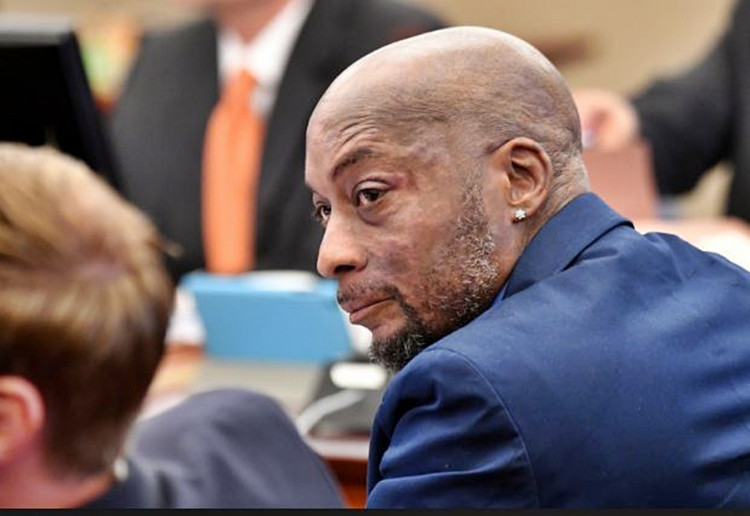Monsanto Company, an agrochemical and agricultural biotechnology firm owned by Germany's Bayer, Inc., was ordered to pay $289 million in damages to a school pest control manager who alleges the company's "Roundup" weed killer caused his terminal cancer.
A California jury on Aug. 10 awarded the first damages of this kind to Dewayne Johnson, 46. Johnson's lawsuit was the first to go to trial alleging that glyphosate, which is the main ingredient in Roundup, causes cancer.
Johnson's doctors said he is unlikely to live past 2020. Glyphosate is the world's most widely used herbicide. Monsanto still has to contend with more than 5,000 similar lawsuits across the United States, and more major losses such as this will run the company out of business.
The company had revenues of $14.6 billion and a net income of $2.3 billion at the close of its 2017 fiscal year in August.
Johnson was awarded $39 million in compensatory and $250 million in punitive damages by the jury at San Francisco's Superior Court of California. After three days of intense deliberations, the jury ruled Monsanto failed to warn Johnson and other consumers of the cancer risks posed by its weed killers such as Roundup and Ranger Pro. The latter also contains glyphosate as the active ingredient.
Filed in 2016, Johnson's case was fast-tracked for trial because of the severity of his non-Hodgkin's lymphoma (a cancer of the lymph system) he alleges was caused by Roundup and Ranger Pro. Johnson applied Roundup up to 30 times per year as part of his job as a pest control manager for a California county school system.
Jurors for the first time had seen internal company documents proving that Monsanto has known for decades that glyphosate and specifically Roundup could cause cancer, said Brent Wisner, one of Johnson's lawyers. Wisner called on Monsanto to put consumer safety first over profits.
During the four-week trial, jurors heard testimony by doctors, public health researchers, epidemiologists and other experts who disagreed on whether glyphosate can cause cancer.
Monsanto said it will appeal the verdict. It said the California decision doesn't change the fact that more than 800 scientific studies and reviews support its contention that glyphosate doesn't cause cancer, and didn't cause Johnson's cancer.
Monsanto strongly denies glyphosate causes cancer. It claims decades of scientific studies prove the chemical is safe for human use.






